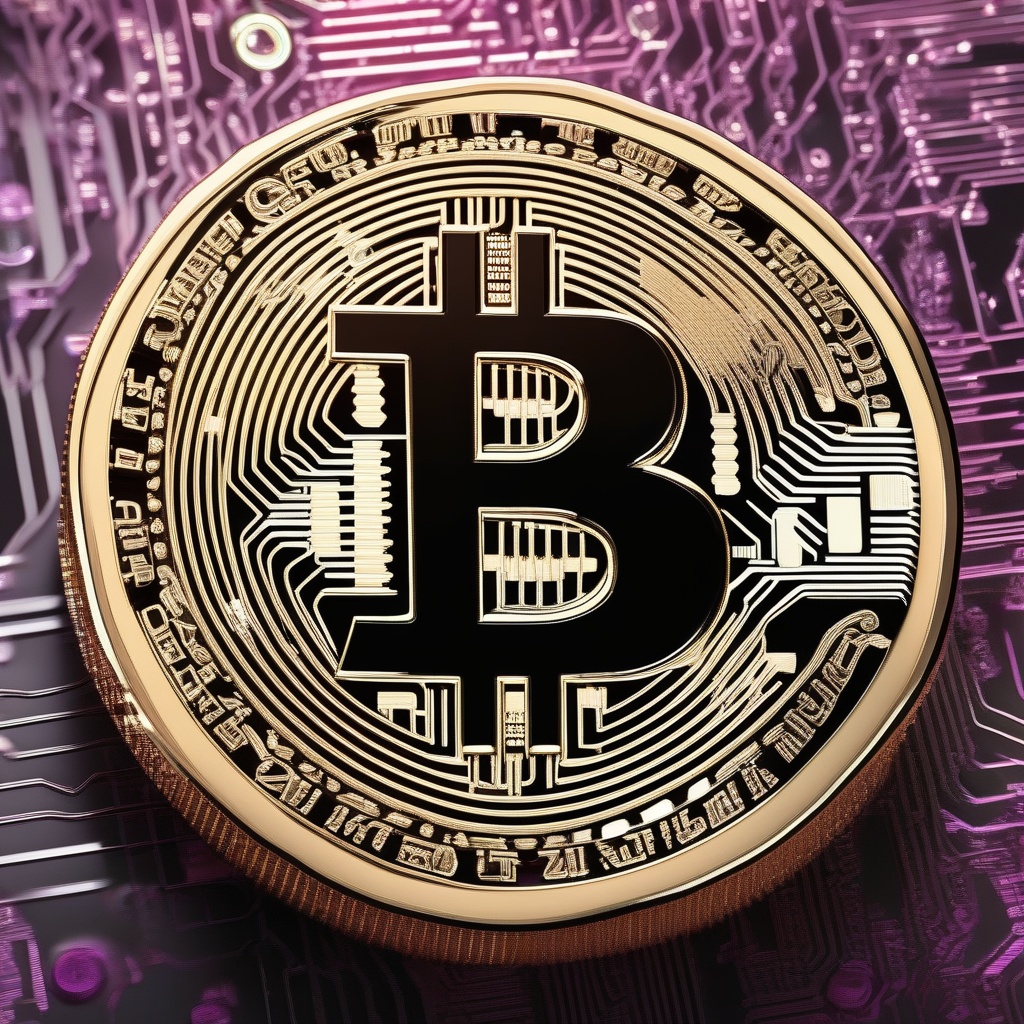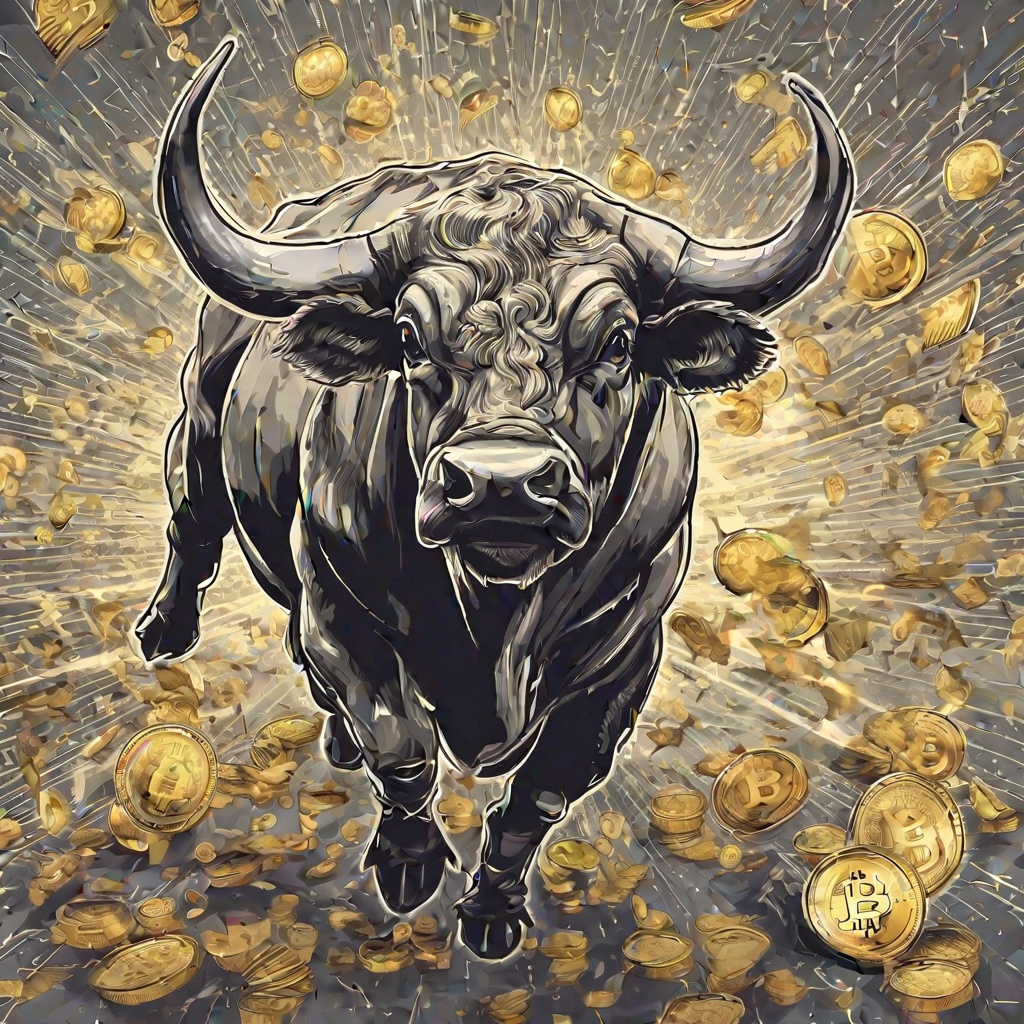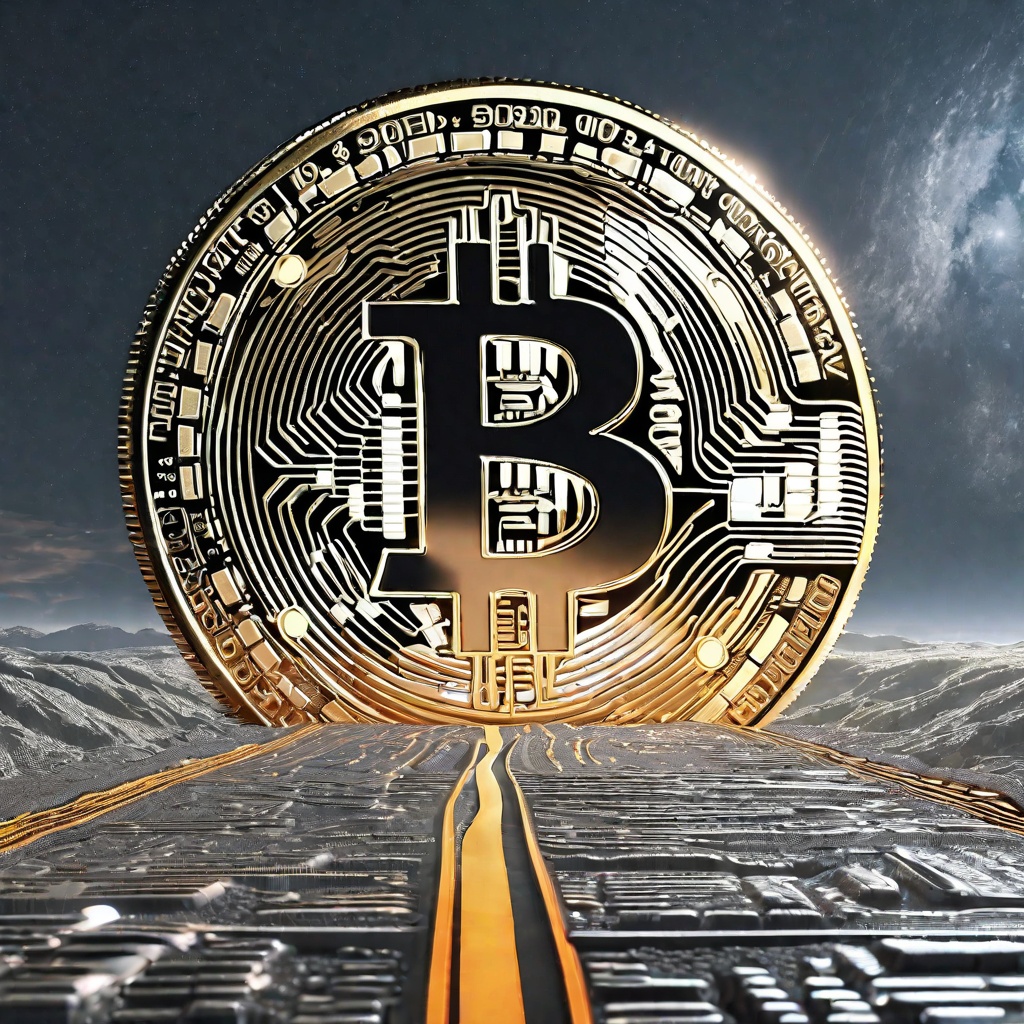How does Biden's Executive Order affect cryptocurrencies?
Could you elaborate on the potential impact that Biden's recent Executive Order may have on the cryptocurrency market? Are there any specific regulations or policies mentioned in the order that could potentially alter the landscape for digital currencies? Furthermore, how do experts and industry leaders view this development, and what steps might investors and crypto enthusiasts need to take in response to the new guidance?

How does FOMO affect crypto markets?
Have you ever felt that pang of anxiety when you see your friends or acquaintances raking in profits from a particular cryptocurrency and you feel like you're missing out? That's FOMO, or Fear Of Missing Out, in action. And it's a powerful force that can drive up prices in crypto markets. But how does it actually work? FOMO often kicks in when a particular cryptocurrency starts to surge in value, and investors who missed out on the initial gains start to panic and rush to buy in. This buying pressure can drive prices even higher, creating a feedback loop that attracts even more investors. However, this surge in prices can also be unsustainable, as it's often fueled by speculative buying rather than underlying fundamentals. And when the music stops, those who bought in late can find themselves holding the bag. So, how does FOMO affect crypto markets? It can drive up prices in the short term, but it also creates a risky environment where investors may be more prone to making impulsive decisions. Ultimately, it's important to remember that investing in cryptocurrencies should be a well-researched and considered decision, not just a reaction to FOMO.

What is market volatility & how does it affect cryptocurrencies?
Market volatility refers to the degree of fluctuation in the price of an asset over time. It's a measure of the asset's riskiness and can be influenced by various factors such as market sentiment, economic news, and regulatory changes. In the context of cryptocurrencies, volatility can be particularly high due to their relatively new and speculative nature. But how does market volatility affect cryptocurrencies? For investors, high volatility can mean the potential for significant gains or losses in a short period of time. It can also make it difficult to accurately predict the future price of a cryptocurrency, making risk management crucial. On the other hand, some traders may seek out volatility as an opportunity to profit from short-term price movements. So, what are the implications of market volatility for the broader cryptocurrency market? It can lead to increased speculation and price bubbles, as investors rush to buy into the latest hot trend. However, it can also provide opportunities for investors with a long-term outlook to accumulate assets at discounted prices. Ultimately, the impact of market volatility on cryptocurrencies depends on the individual investor's goals and risk tolerance.

How does guanethidine affect the heart?
Could you elaborate on the specific effects of guanethidine on the heart? Is it a stimulant or depressant for heart function? Does it alter heart rate, blood pressure, or both? How does it interact with the body's natural mechanisms for regulating these vital functions? Are there any potential side effects or contraindications to consider when administering guanethidine to patients with heart conditions?

Does social media affect crypto prices?
Have you ever wondered if the buzz and chatter on social media platforms have any real impact on the prices of cryptocurrencies? With the rise of digital currencies and the growing popularity of social media, it's natural to question whether there's a correlation between the two. Could a tweet from a popular influencer or a post on a crypto-focused subreddit actually move the market? And if so, how does this phenomenon work, and what are the potential implications for investors? Let's delve into this question and explore the complex relationship between social media and crypto prices.

